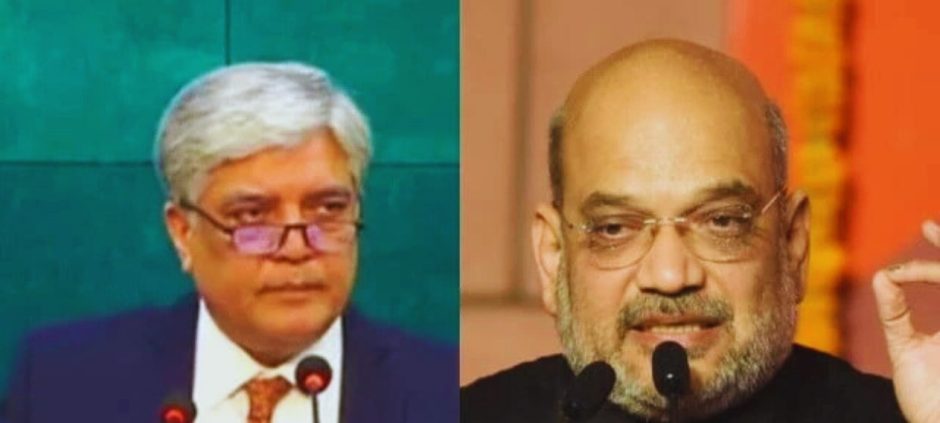Islamabad, June 22, 2025 – Pakistan has strongly denounced Indian Home Minister Amit Shah’s recent statement that the Indus Waters Treaty (IWT) with Pakistan “will never be restored,” calling the remarks a blatant disregard for the sanctity of international agreements.
Read More : Petition Challenges Child Marriage Law in Shariat Court Over Islamic Validity
In response to Shah’s interview with The Times of India, where he asserted that India would divert water meant for Pakistan for domestic use, Pakistan’s Foreign Office issued a sharp rebuke, stating that such comments violate international law and the treaty’s provisions.
“The Indus Waters Treaty is a legally binding international agreement, not a political arrangement subject to unilateral alteration,” the Foreign Office spokesperson said. “India’s decision to suspend the treaty is a clear breach of international law and undermines the principles of inter-state cooperation.”
The spokesperson warned that India’s actions set a dangerous precedent, eroding trust in international treaties and raising concerns about its reliability as a treaty partner. “Using water as a political weapon is irresponsible and contradicts norms of responsible state behavior,” the statement read, urging India to reverse its stance and fully comply with the treaty.
Pakistan reaffirmed its commitment to the IWT and vowed to take all necessary steps to safeguard its water rights under the agreement.
Background of the Dispute
The IWT, brokered by the World Bank in 1960, allocates the waters of the Indus River system between India and Pakistan. Under the treaty, Pakistan has rights to the three western rivers—Indus, Jhelum, and Chenab—while India controls the eastern rivers—Ravi, Sutlej, and Beas. Despite decades of tensions, the treaty has remained intact.
However, in April 2025, India suspended the treaty following an attack in Indian Illegally Occupied Jammu & Kashmir (IIOJK), which it blamed on Pakistan without evidence. Islamabad has denied any involvement.
In his interview, Shah declared, “No, the treaty will never be restored. We will divert Pakistan’s water to Rajasthan. Pakistan has unjustly benefited from this water for too long.” His remarks signal a hardening of India’s stance, dimming prospects for dialogue on the issue.
Reports suggest India plans to significantly increase water diversion from rivers flowing into Pakistan as part of retaliatory measures. Meanwhile, Pakistan is exploring legal avenues to challenge India’s actions under international law and seeking global support to uphold the treaty.
Escalating Tensions
The water dispute comes amid strained relations between the nuclear-armed neighbors, despite a ceasefire agreement earlier this year following heightened tensions along the Line of Control (LoC).
What is the Indus Waters Treaty?
The IWT was signed in 1960 after nine years of negotiations to prevent conflicts over the shared river system post-Partition. India was granted control over the eastern rivers, while Pakistan secured rights to the western rivers. The treaty permits India limited hydroelectric projects on the western rivers, provided they do not disrupt water flow to Pakistan.
Pakistan has warned that India’s unilateral suspension of the treaty threatens regional stability and violates international legal norms. Diplomatic and legal efforts are underway to address the crisis.











